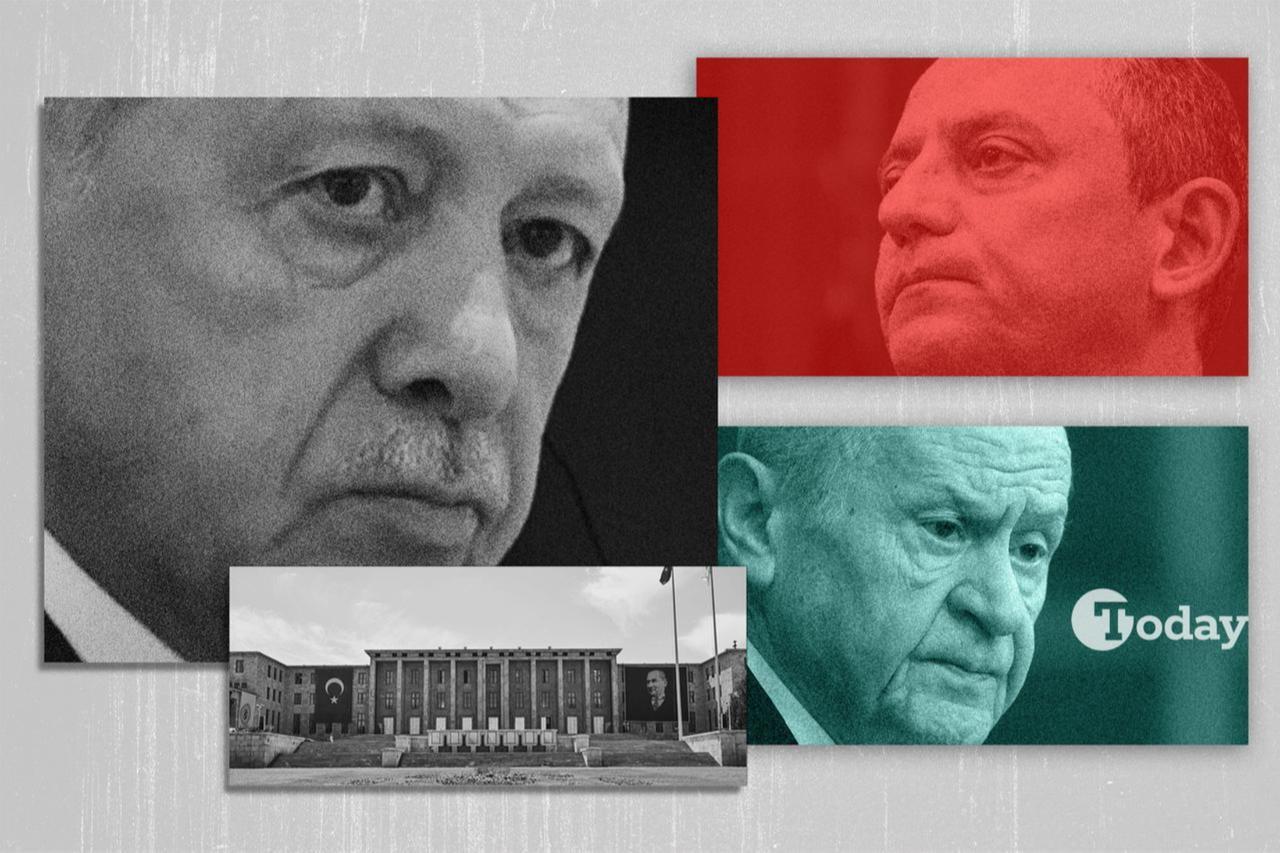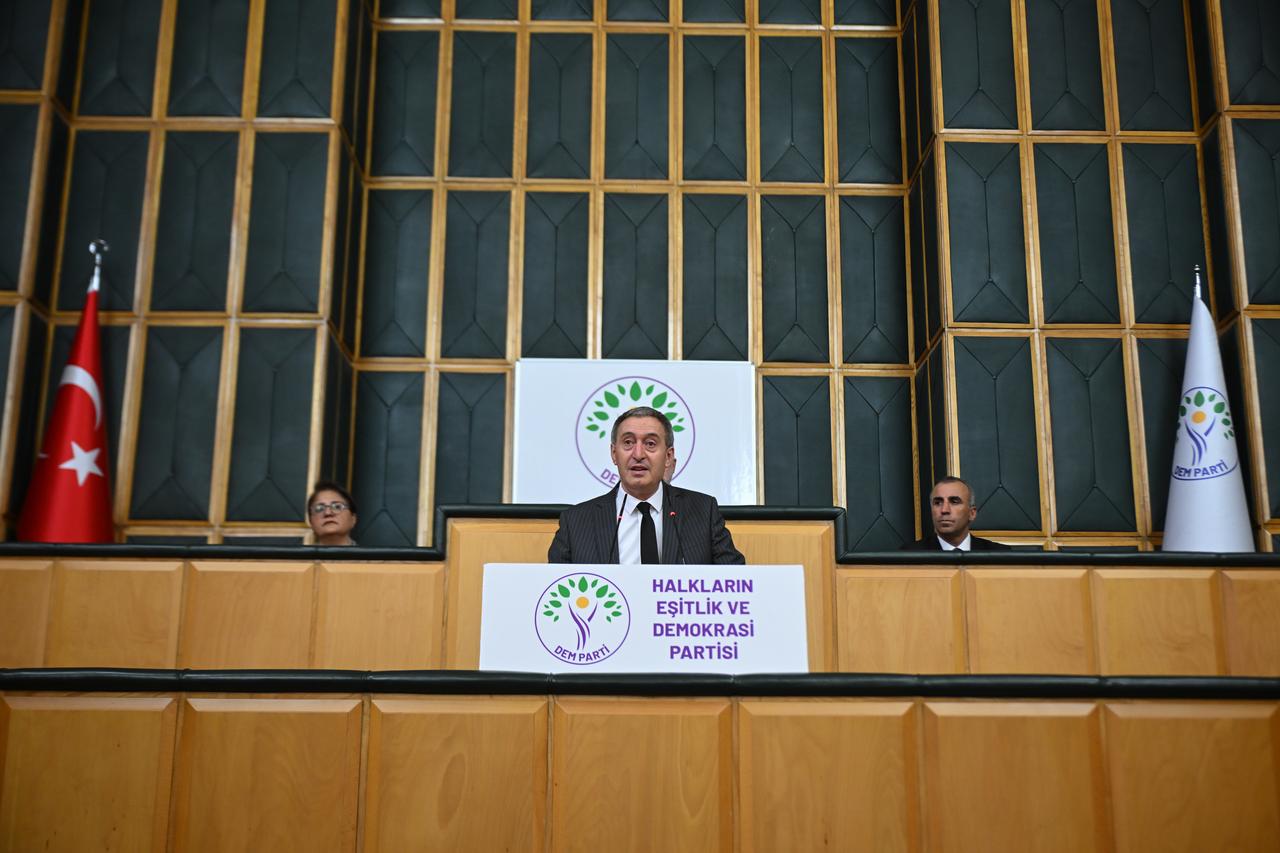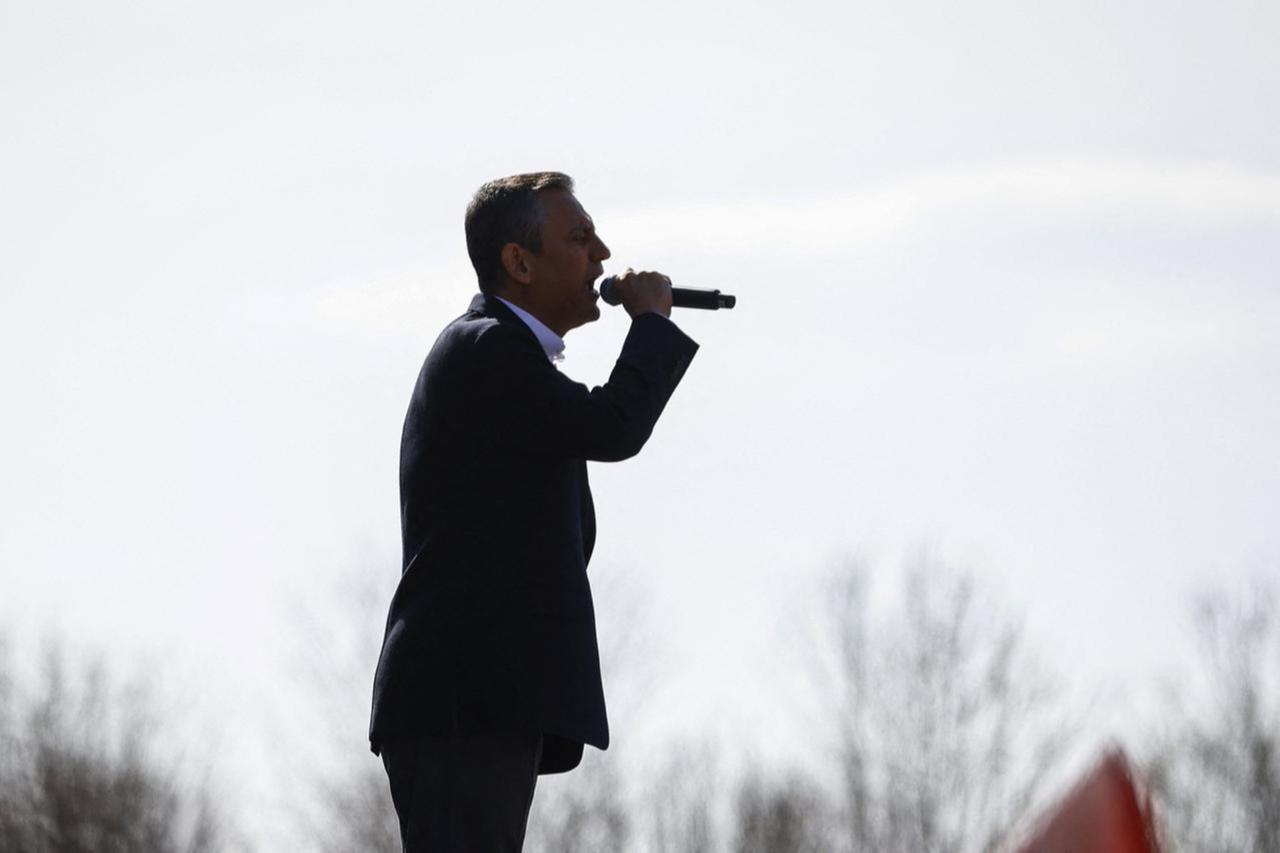
National Intelligence Organization (MIT) chief Ibrahim Kalin is expected to meet with the main opposition Republican People’s Party’s (CHP) leader in its headquarters on Thursday. The CHP chair is also expected to meet with Parliament Speaker Numan Kurtulmus in parallel, amid growing speculation that the ruling bloc is seeking broader legitimacy for the proposed commission.
As Ankara lays the groundwork for a new parliamentary commission, Türkiye’s ruling alliance is pressing ahead with plans to form a new parliamentary commission under the “terror-free Türkiye” project, aimed at creating a political and legal framework for terrorist group PKK's disarmament, national security, and post-conflict stabilization. But the spotlight is now on whether the main opposition will formally take its seat at the table.
Recent signals from the CHP leadership suggest a carefully calibrated openness, one that avoids unconditional commitment while positioning the party to shape the direction of a potentially high-stakes process.
The one word answer to the question is "yes": Türkiye’s main opposition party will take its seat at the table, but it is the purpose behind that decision, more than the gesture itself, that will determine how long it remains there.

Earlier this week, CHP spokesperson Deniz Yucel confirmed the party’s willingness to be part of the process, saying the CHP “wants to contribute” and remains committed to peace and democratic values. However, the spokesperson also stressed that this does not equate to “unconditional” participation.
His carefully worded remarks sparked questions over what the opposition party may be asking for in return. The ambiguity opened the door to a flurry of political commentary, with some, such as journalist Abdulkadir Selvi, suggesting that the CHP is leveraging its participation to push for judicial guarantees concerning former Istanbul Mayor Ekrem Imamoglu and other opposition officials currently facing legal jeopardy.

The debate over the commission has also exposed emerging tensions between the CHP and the Kurdish-oriented Peoples’ Equality and Democracy Party (DEM Party), a key actor in opposition coordination during recent elections.
DEM Party co-Chair Tuncer Bakirhan made an unusually direct appeal to the CHP. “From now on, we will say: let CHP not make us lose—let them vote for our candidate,” Bakirhan said, signaling growing frustration with what he sees as a one-sided electoral relationship.
The co-chair recalled the DEM Party voters’ support for the opposition’s joint candidate Kemal Kilicdaroglu in the 2023 presidential race, noting that electoral collaboration had often depended on DEM Party voters backing CHP-led alliances. His comments suggest that the party now expects reciprocity if cooperation is to continue, at least on the matter of the new process and the commission.
Being pushed to make clear statements, CHP leader Ozgur Ozel has rejected claims that the party has set any preconditions for participating in the commission. “No one can say we’ve put forward a precondition to enter the commission,” Ozel told reporters.

For analysts, the CHP’s willingness to sit at the table—despite misgivings about the government’s intentions—reflects a strategic calculation. According to political scientist Burak Bilgehan Ozpek, the CHP sees value in engaging with the commission even if it has limited expectations about the outcome.
“The CHP’s responsibility is to survive politically until 2028 without being pushed to the margins,” Ozpek noted. “Participating in this kind of negotiation, regardless of the results, is a rational choice.”
The proposed commission remains in early stages, and its actual mandate is still unclear. While initial reports suggest a focus on peace and reconciliation, opposition voices warn that without structural safeguards, the commission could simply become a vehicle to legitimize "selective justice."
While the scope of the commission remains officially limited, early consultations resulted in a key understanding: any other topic beginning with constitutional reform, though looming in the background, will not be placed on the commission’s agenda. That red line was previously negotiated and showed the cautious mood among all the parties, each entering the process with different expectations and red lines of their own.
Despite this baseline consensus, fundamental questions remain over the commission’s long-term character. The ruling bloc appears intent on framing it strictly around the terror group PKK’s potential disarmament and the broader “terror-free Türkiye” objective. Yet for the CHP, participation is tied to more than just security, but a decision amid a new domestic political pivot. For now, the parties are walking a fine line: entering the room, but watching closely to see what it becomes.
Under the current proposal, the commission will be composed of 13 members from the ruling Justice and Development Party (AK Party), seven from the CHP, and three members each from the pro-Kurdish DEM Party, the far-right Nationalist Movement Party (MHP), and the recently formed New Path Party (Yeni Yol Partisi). The nationalist Good Party (Iyi Party) has declined to participate, choosing not to send any representatives.
For the CHP, joining the commission could signal a willingness to reengage in national consensus-building, but only if its key concerns around judicial independence and political neutrality are addressed. Any perception of passivity over the treatment of elected officials like Imamoglu would likely draw internal criticism and risk alienating its base.